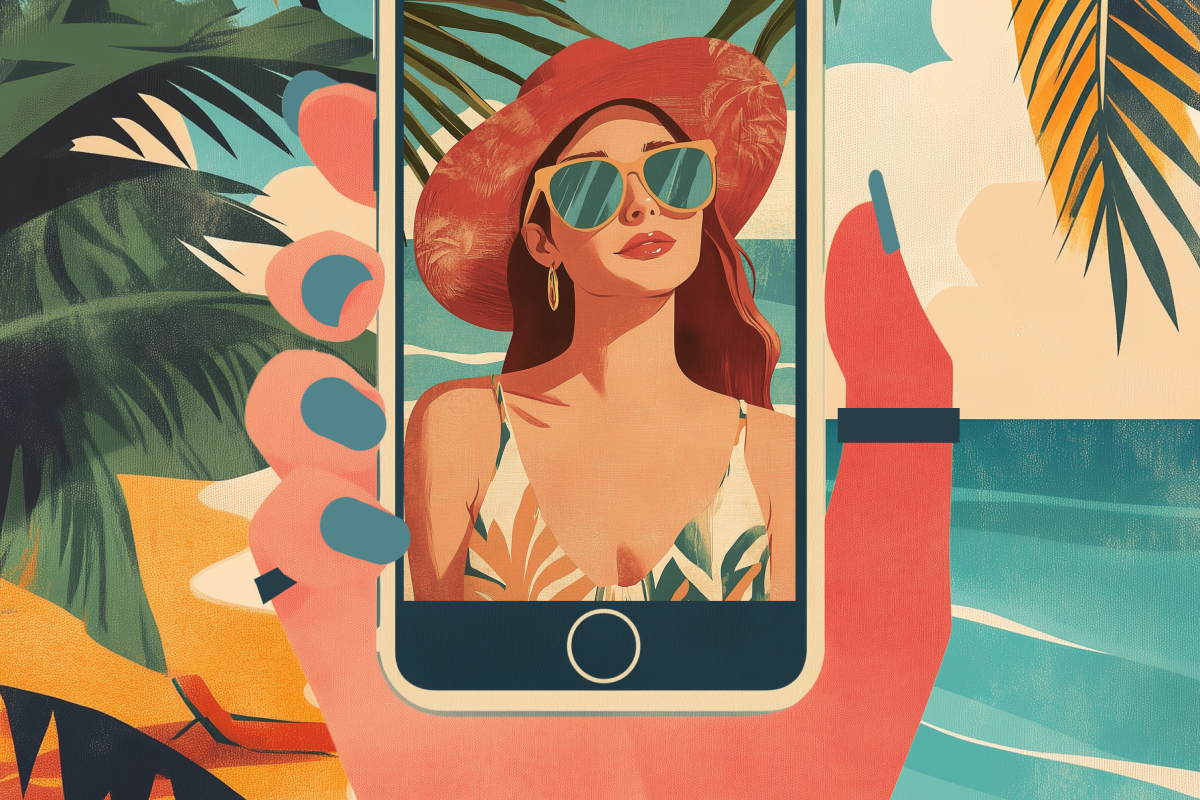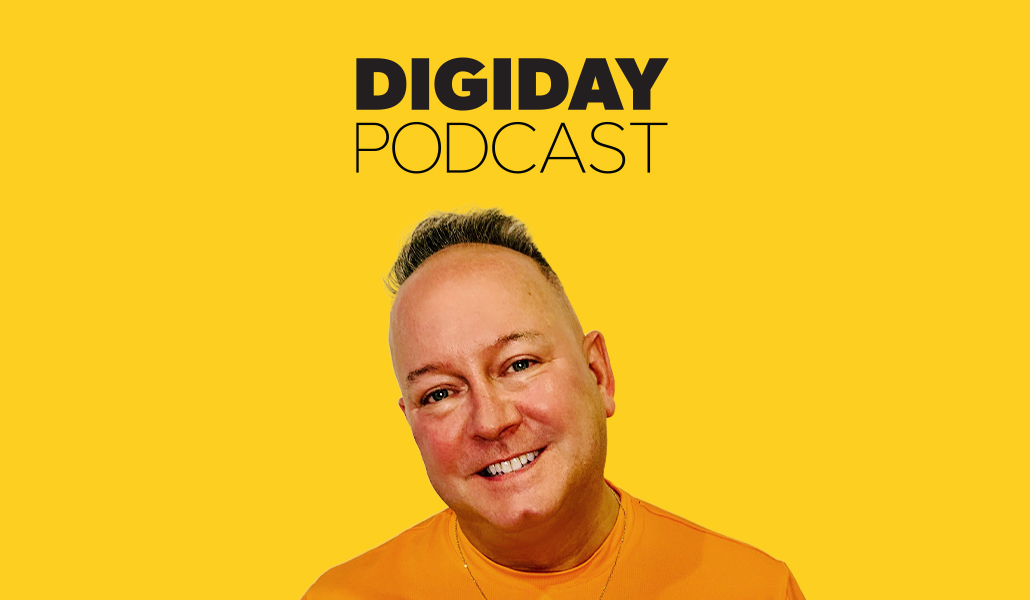Travel
Influencers Are the New Power Brokers in Travel

The travel industry has maintained an uneasy alliance with social media influencers for over a decade. Yet these self-styled experts are set to become even more important in a brave new world of social commerce. They aren’t just serving FOMO — they’re providing a direct line to book the exact same experience they’re showing off on their Instagram feeds.
The game-changer is that social media is about to marry e-commerce as platforms essentially add “buy” buttons to content.
Major social platforms like Instagram, TikTok, and YouTube are said to be working to overcome technical and regulatory hurdles. Once they do, e-commerce tools could transform casual scrolling into instant booking.
China to Set the Trend
China offers a glimpse of where this is heading. In China, creators can sell tours and activities directly through platforms like Douyin (the domestic version of TikTok), Weibo, and Red (Xiaohongshu).
So-called “social commerce” is proving remarkably effective. Just ask Eric Gnock Fah. the president of Klook, an online marketplace for travel experiences. Klook’s China sales surged to four times their 2019 levels, with most of that growth driven by social media creators.
“We’re doing less search-engine marketing and less big brand marketing,” said Gnock Fah. “We’re going to creators instead.”
Klook reports that its brand awareness is growing primarily through creator partnerships rather than traditional advertising channels.
Not an Overnight Change
The technical challenges of implementing such systems are considerable. Instagram, TikTok, and YouTube are confronted with varying travel sales regulations across different jurisdictions. A viral post selling a weekend getaway in Provence might reach potential buyers in Perth, Pittsburgh, and Pune, each subject to different legal frameworks.
The ability to add locally relevant payment providers has been a sticking point, too. Even in China, outdated reservation systems used by airlines and hotels have hindered social commerce.
Yet the revolution isn’t waiting for Big Tech to catch up. A whole ecosystem of middlemen has emerged to transform your favorite travel influencers into full-fledged travel merchants.
Companies like TrovaTrip and Luxury Travel Hackers are basically white-label travel agencies for influencers who want to design and host trips for their followers. The services handle details like collecting payments.
In a world where marketers are often unsure which advertising efforts result in actual sales, influencers have the potential to stand out for clear impacts on the bottom line.
“We’ve gotten much better at attributing how often ads that creators post for us result in conversions [or purchases] on our app,” Gnock Fah said.
When marketers can easily point to how partnerships with influencers lead in a straight line to sales, they’ll be more likely to pull that lever.
The economics of this new paradigm are compelling. While traditional online travel giants command substantial commissions, influencer partnerships are often less expensive and, therefore, more cost-effective.
“In China today, these are consumer-direct sales, which are cheaper as a channel than third-party distribution, like with other platforms like Ctrip and Meituan and those types of companies,” Gnock Fah said.
The numbers could prove compelling. According to Expedia CEO Ariane Gorin, 80% of travelers now consult social media before making travel decisions. “Partnering with influencers is absolutely a place that we need to be — and a place that anybody in travel needs to be — because that’s where people are looking,” Gorin said in October at an industry conference.
There are limitations, of course. Business travel and family visits remain largely immune to influencer sway. And brand marketers, who have come to like influencers’ credibility and enthusiasm, have needed help to pinpoint how much of any influencer partnership resulted in incremental reservations.
However, the relationship between brands and creators will soon evolve into something more immediately transactional. As influencers get closer to transactions, operators stand to benefit from having another tool to motivate consumers to act.
For traditional travel agencies and marketing firms, the message is clear: adapt or risk becoming as outdated as a fax machine in a WeWork. Influencers who know how to make commerce feel like conversation and advertising feel like advice may become one of the most powerful distribution channels in travel.










